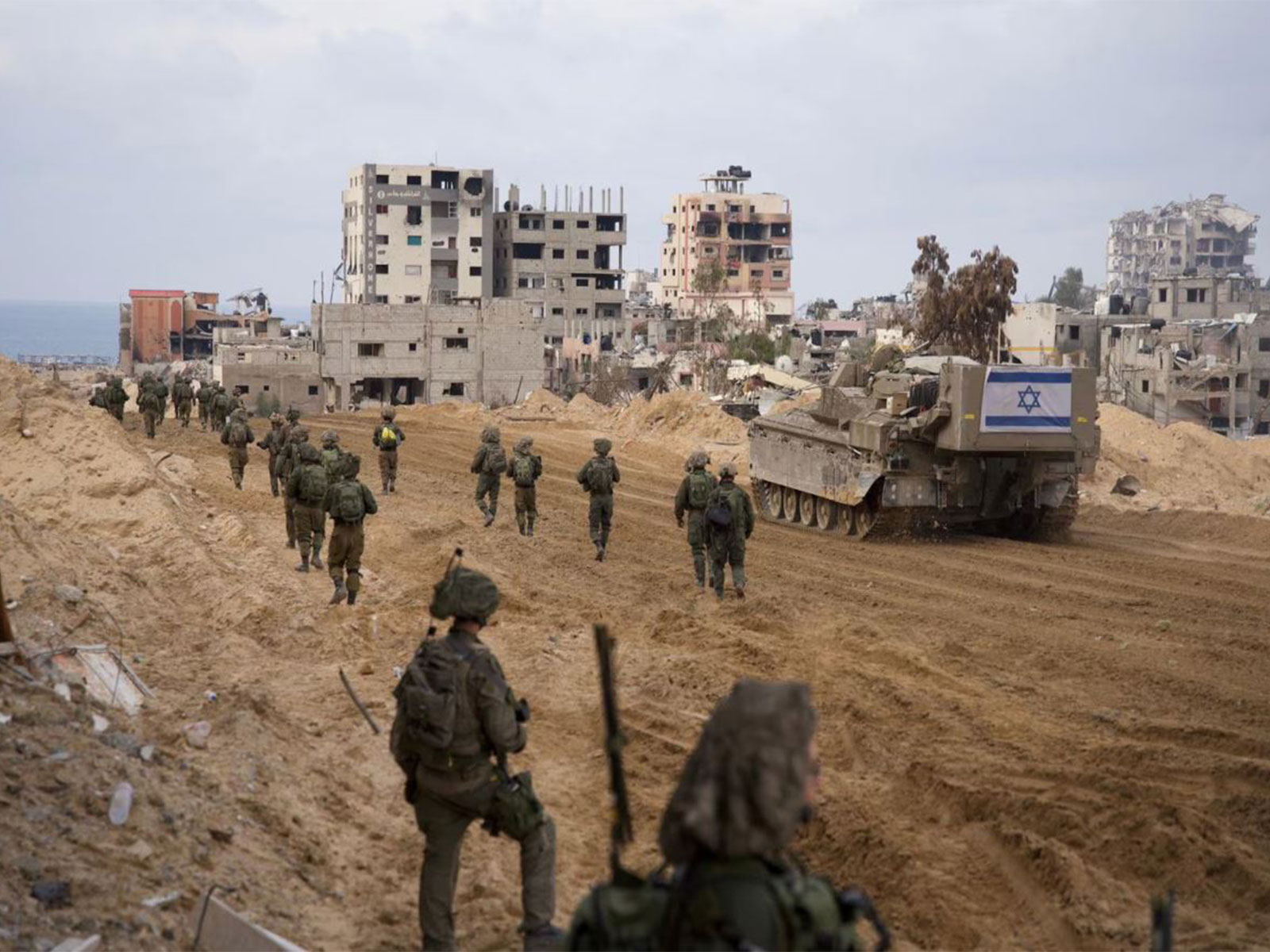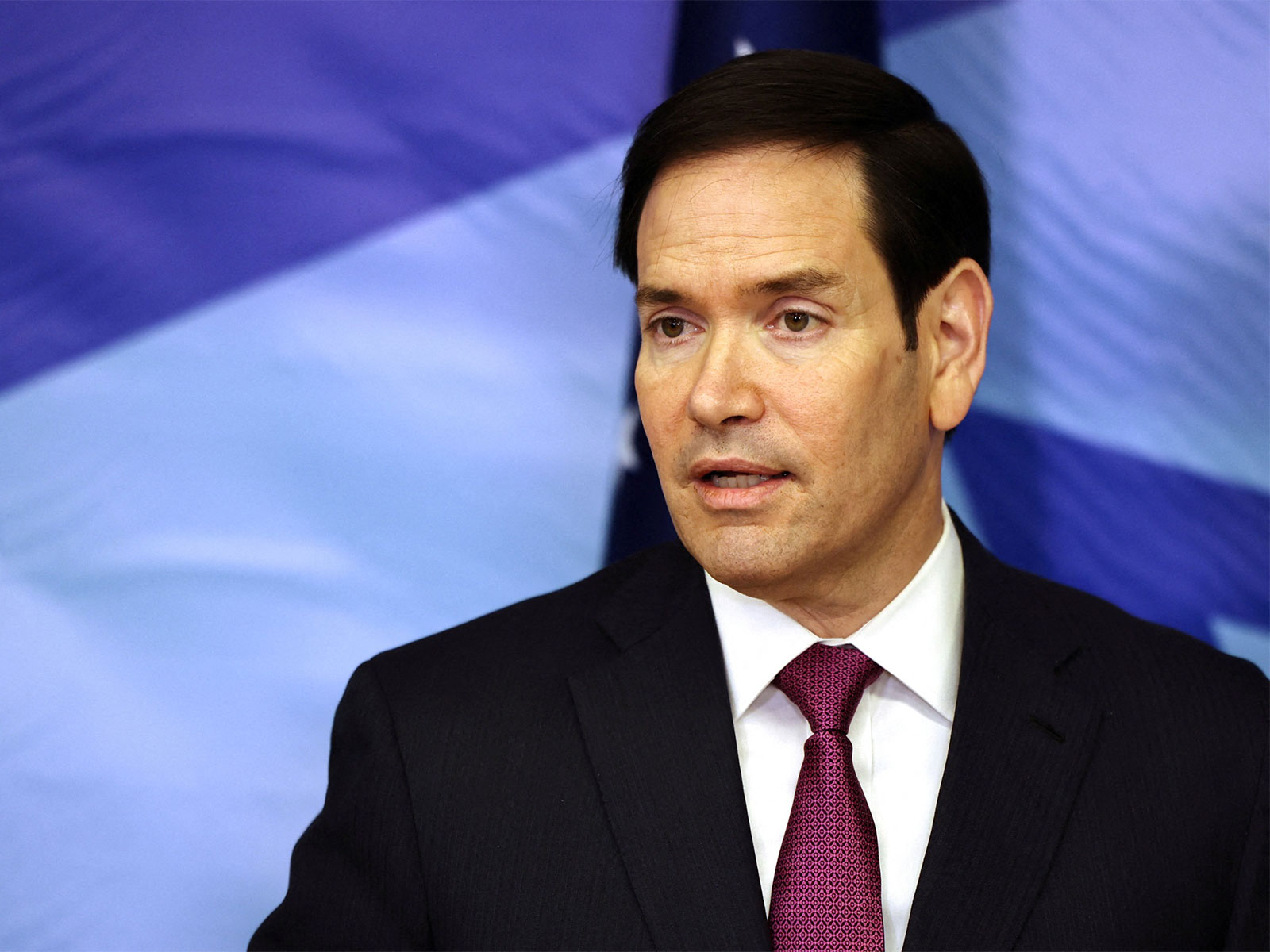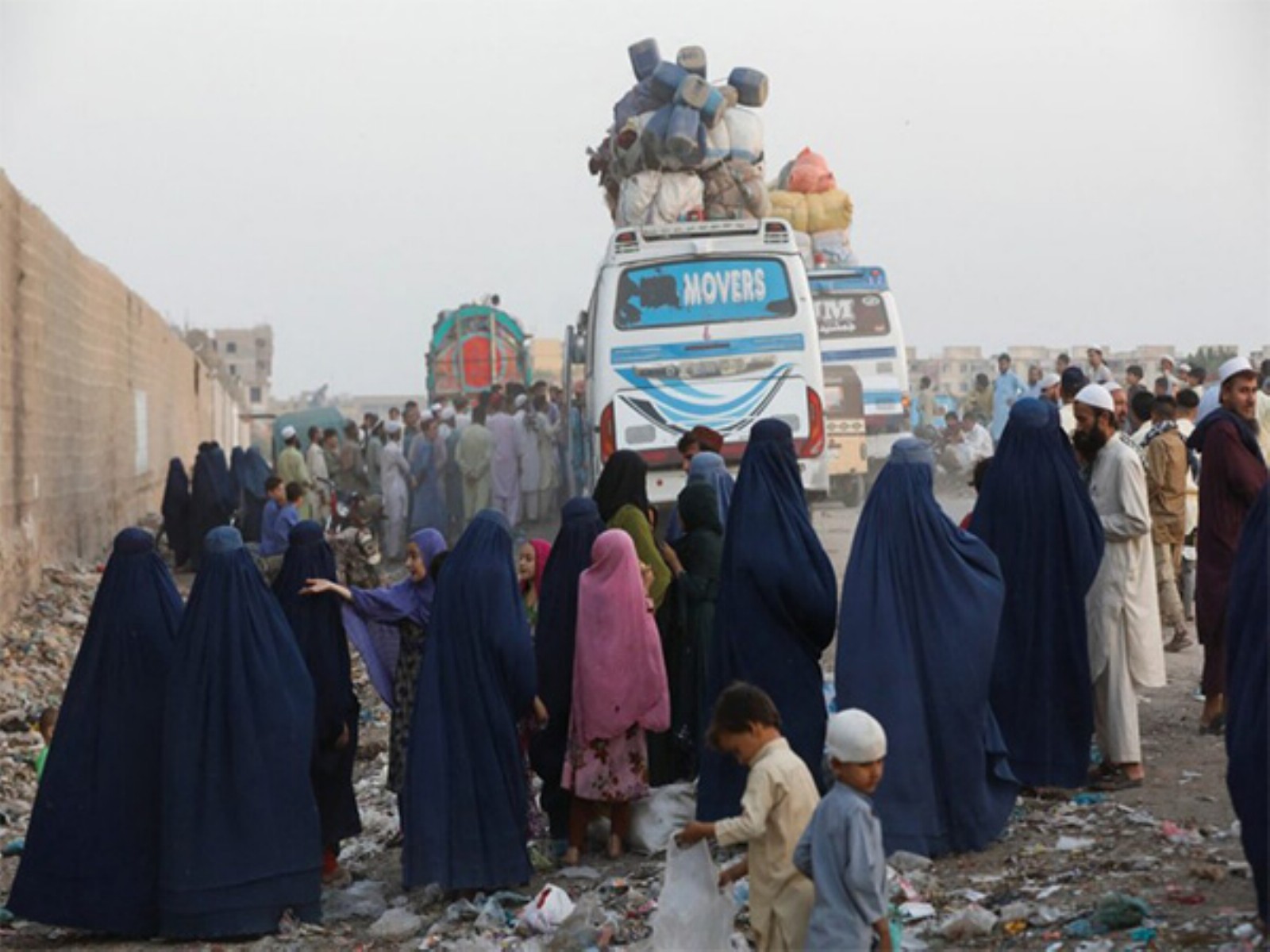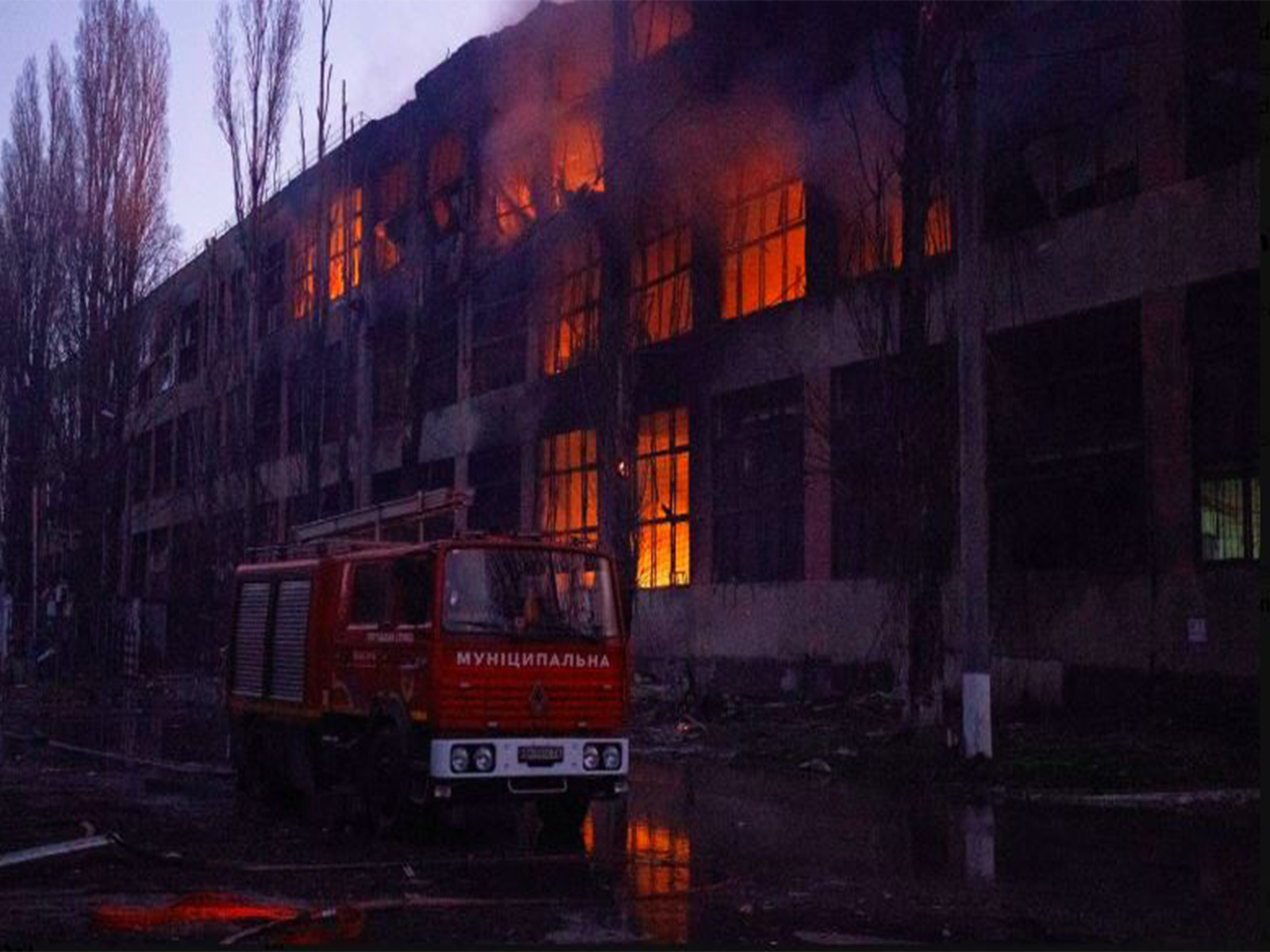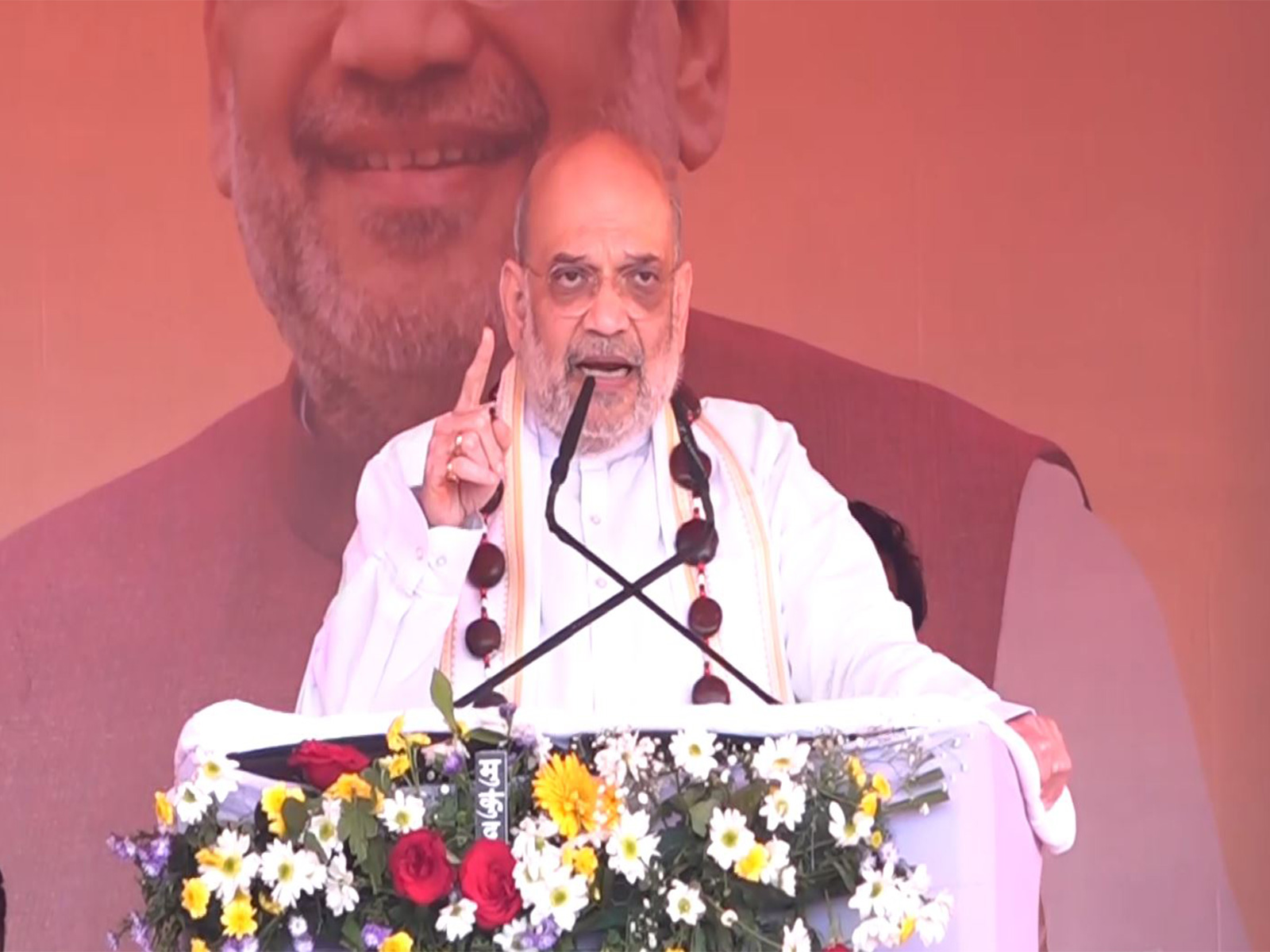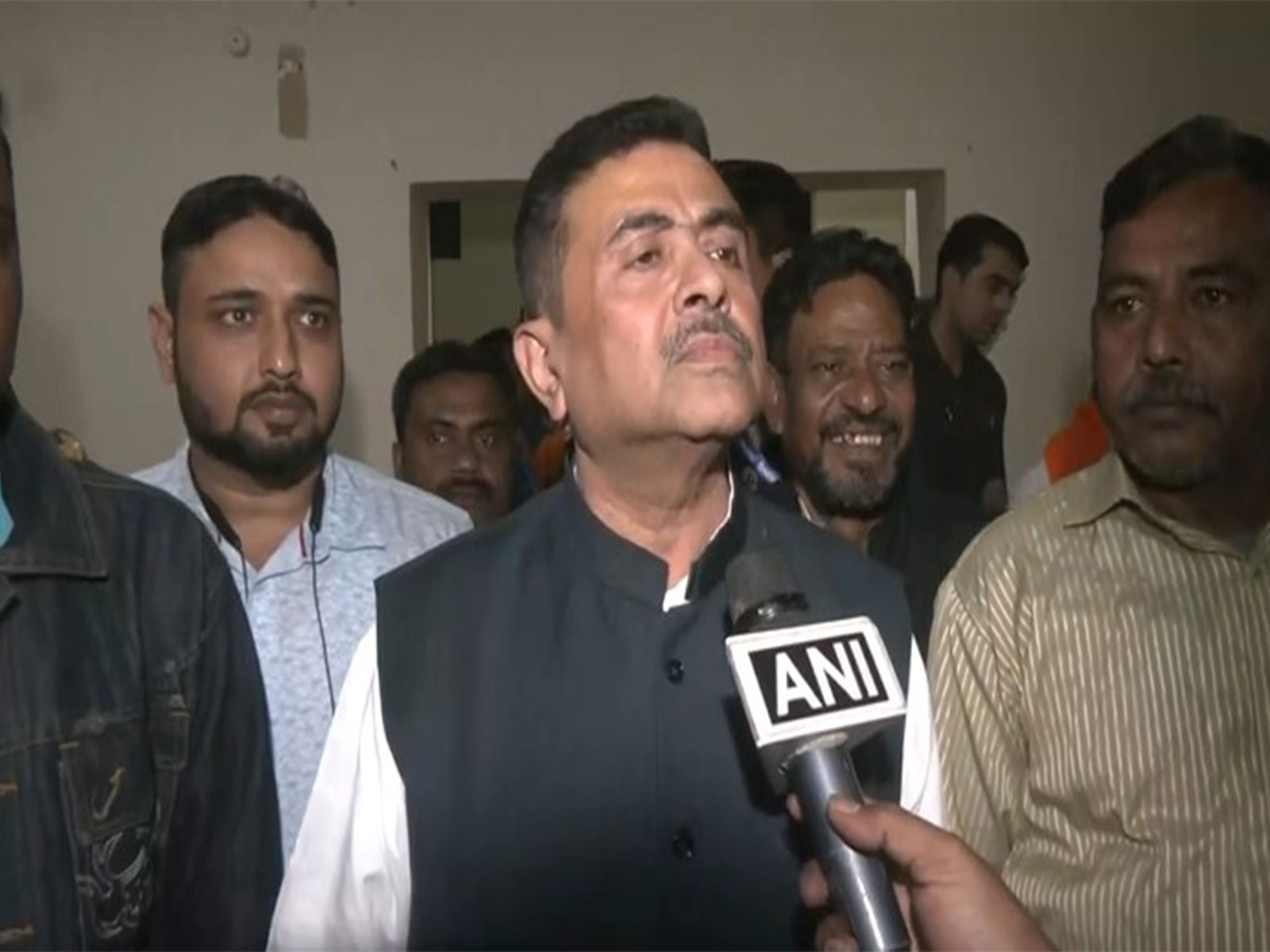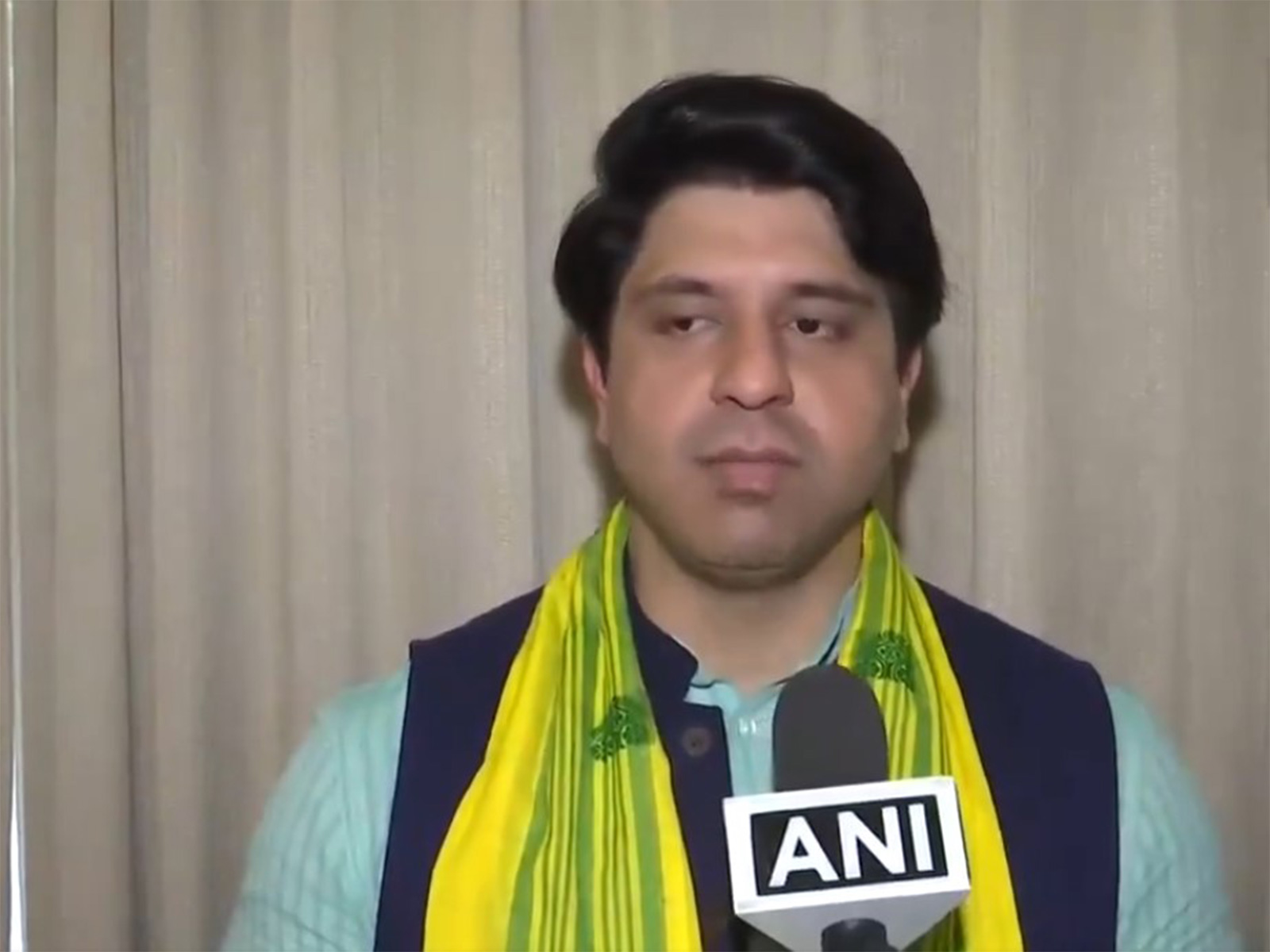"Will take time to build trust and willingness": EAM Jaishankar on India-China relations
Oct 26, 2024

Pune (Maharashtra) [India], October 27 : External Affairs Minister S Jaishankar on Saturday, elaborated on how military and diplomacy both played a key role in reaching the border patrolling agreement between India and China along the Line of Actual Control (LAC).
He, however, also emphasised that it would take time to build trust and willingness between the two nations.
Addressing an interactive session with students at FLAME University in Pune, Jaishankar said that since 2020, "The situation in the border has been very disturbed and that's had a very negative impact on the overall relationship".
"Since September 2020, We have been negotiating with the Chinese on how to find a solution," he added.
https://x.com/DrSJaishankar/status/1850048097428308023
The Foreign Minister highlighted that the agreement involved addressing three major issues, the first and "most pressing one" being disengagement as the troops of both the countries are "very, very close up to each other and the possibility of something happening is there"
The second, he said, is "de-escalation" and then the third "larger issue of how do you manage the border and how do you negotiate the boundary settlement".
Jaishankar stated that as of now the governments are engaging in the first part which is disengagement, understanding of how the troops return to their bases and the blocking of patrolling.
"And that is what we have been trying to negotiate now for the last two years", Jaishankar remarked.
"Because after four years of a very disturbed border, where peace and tranquillity have really been shattered, it will take naturally time to sort of rebuild a degree of trust and sort of a willingness to work with each other.", he said.
Discussing the factors which allowed the two countries to reach the present-day circumstances, Jaishankar pointed to a "very determined effort" and the significant improvement in border infrastructure.
"If today we have reached where we have, there are two reasons for it. One, a very determined effort on our part to stand our ground and make our point," Jaishankar said.
He said this was only possible "because the military was there in very, very unimaginable conditions to defend the country."
"The military did its part and diplomacy did its part", the EAM added.
Highlighting another important aspect, Jaishankar said, "In the last decade we have improved our infrastructure. So when you put in more resources, almost five times annually the resources than they used to be a decade ago, that is showing results, and enables the military, to be effectively deployed. I think the combination of all of this has led to where it is."
The border standoff between India and China began in eastern Ladakh along the LAC in 2020, sparked by Chinese military actions. This incident led to prolonged tensions between the two nations, significantly straining their relations.
In a major development this week, the Ministry of External Affairs (MEA) announced that an agreement had been reached between two nations regarding patrolling arrangements along the Line of Actual Control (LAC) in the India-China border areas.
Following this, Prime Minister Narendra Modi and Chinese President Xi Jinping participated at the BRICS Summit in Kazan, Russia.
The two leaders also held a bilateral meeting on the sidelines of the summit. The meeting marked the first formal structured interaction between the two leaders in five years.
Following the meeting with Xi Jinping, PM Modi stated that ties between the two nations are important for the people of India and China and for regional and global peace and stability.
